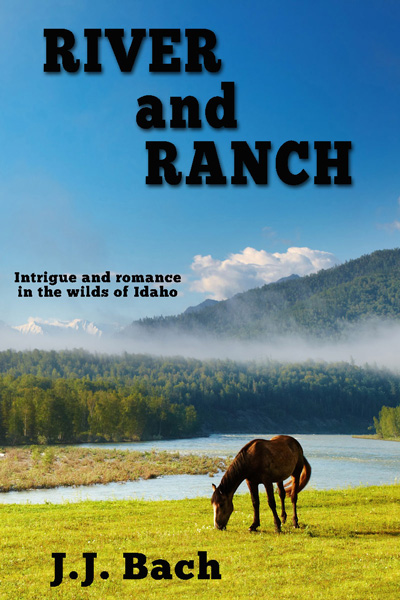Mile 269 on the Salmon River marks the Lemhi Bar, which many know as China Bar. Cale floats by it on every trip he takes in River and Ranch. As a guide myself, back in the 80s, I did too. It is one of the many many spots on the river that were mined and lived and homesteaded and probably more. From 1882-1884 Chinese miners toiled on this spot. How they got there, other than packing in from Warren, history does not say. Who they were, history does not say. Where they went afterwards. Unknown. How they spent their money/gold, likewise unknown. Then as now "the Orientals" were known and seen as hard working and quiet, likely due to language issues more than anything. Most everyone I think, just left them alone.
I see a big gap when I read about "Orientals" in historical non-fiction. Remember that "China" did not exist back then. Other than "the Orient", I'm not sure what present day China was called. It's not that the authors were prejudiced. I don't see that coming out. What I see is a vacuum. Somehow these men (and a few women) from "the Orient" got here. How? Few have written about this. Who were they? Again very little is known. In most accounts these recent arrivals landed on the West Coast, most in San Francisco, put their heads down and carried on. Some went all the way to the Salmon River. Why there? Some spent two years of their life mucking around in a placer mine at mile 269. Then one day they left. Why? Poor returns for their effort is the likely answer, but history does not record any interview with them. Could they speak English? Could any European guys speak Chinese? Was their language even known as Chinese? Maybe it was Cantonese? China as we know it now, did not exist back then. What did exist was a country with a 5k+ year history, while the US was 1/50th of that at the time.
Writing River and Ranch fascinates me, although at this point rewriting and editing are the better terms. I started out simply wanting to write about what I know. Digging in and looking for background in this effort, is every bit as interesting as writing the original fiction that comes from the history I peruse. As a fortunate citizen of the USA I am left with a sense of awe (for lack of a better word) at what our predecessors did. China Bar is a good example. The effort just to get there. The effort to survive and simply feed yourself. Back then it was just what people did. No big deal. Part of everyday life. Just think though. No roads. No grocery stores. Rice. If I stay in line with the stereo type and it is at least partially true, where did "the Orientals" get rice? My knowledge of American history does not have anything about rice being grown in the U.S., especially on the west coast of the late 1800s. I find it interesting to wonder about the shock they faced as they likely had to leave behind the main staple of their lifelong diet and adjust to whatever was locally available.
Back in the day (1978) Johnny Carrey and Cort Conley published, via Backeddy Books, what I regard as one of the best non-fiction books ever. "River of No Return" is a simple tome that starts upstream and works downstream discussing the humanity that left their marks on the Salmon River along the way. Tons of pictures, all in black and white, support simple clear and interesting writing that these two somehow garnered from interviews, archives and I don't know what else. They did a masterful job and deserve much credit for what looks to me like a labor of love as well as a labor that no doubt required numerous trips down the river. Lucky them!

Enjoyed reading your blog. I'm stopping by from the AtoZ Blog Challenge. I'll certainly visit again. Do stop by mine if you find the time - http://shrutisuresh.com
ReplyDelete